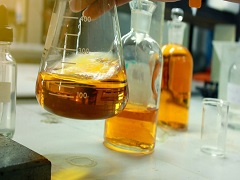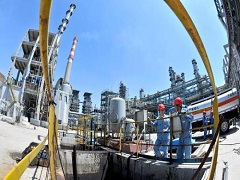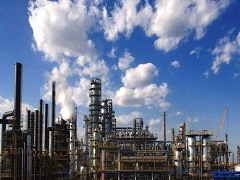
加科专注创新,根据您的需求,给您定制优质满意的行业解决方案
In the past few decades, the global petrochemical industry has experienced great changes from technology upgrading to origin transfer. Before 1980, the United States, Western Europe and Japan were the main producers of primary petrochemical products; At present, the United States, the Middle East and China play an important role in the global petrochemical industry. Among them, the United States is an important oil country in the world, with large oil and gas reserves and high exploitation and production technology. Since the shale revolution in the United States, the output growth of shale oil and shale gas has greatly improved the capacity of the supply side, and stimulated the development and progress of the petrochemical industry. In addition to the United States, the Middle East and China, India's economy has developed rapidly in the past two decades, and its petrochemical industry has also made significant progress. In the past five years, the average annual growth rate of India's petrochemical industry is about 10-12%. Moreover, the Indian petrochemical market still has a large space, which is expected to grow at an annual rate of 12-15% from 2018 to 2028. With the gradual development of the global economy, especially the development of emerging economies, the global demand for petrochemical products will continue to increase. However, due to the improvement of global environmental protection requirements, the focus of the world petrochemical industry will shift from the increase of total scale and total production capacity to the improvement of quality, efficiency and environmental friendliness in the coming decades. It can be predicted that the development trend of the international petrochemical industry in the future: the raw material structure will change, and a large-scale low-carbon resources will enter the chemical application field. In recent years, the national supervision on environmental protection has been strengthened, which puts forward higher requirements for the environmental protection and energy saving attribute of burner.



"New material industry" includes new materials and their related products and technical equipment, specifically covering: industries formed by new materials themselves; New material technology and equipment manufacturing industry; Traditional material technology upgrading industry, etc. New materials refer to new or developing materials with excellent properties and special functions that traditional materials do not have; Or adopt new technology (process and equipment) to significantly improve the performance of traditional materials or produce new functions. The main production processes of new chemical materials include polymerization, condensation / demulsification, dehydration, greasing, drying, melting, etc., and boilers and supporting burners are required to provide heat energy in important production links such as polymerization and drying.





